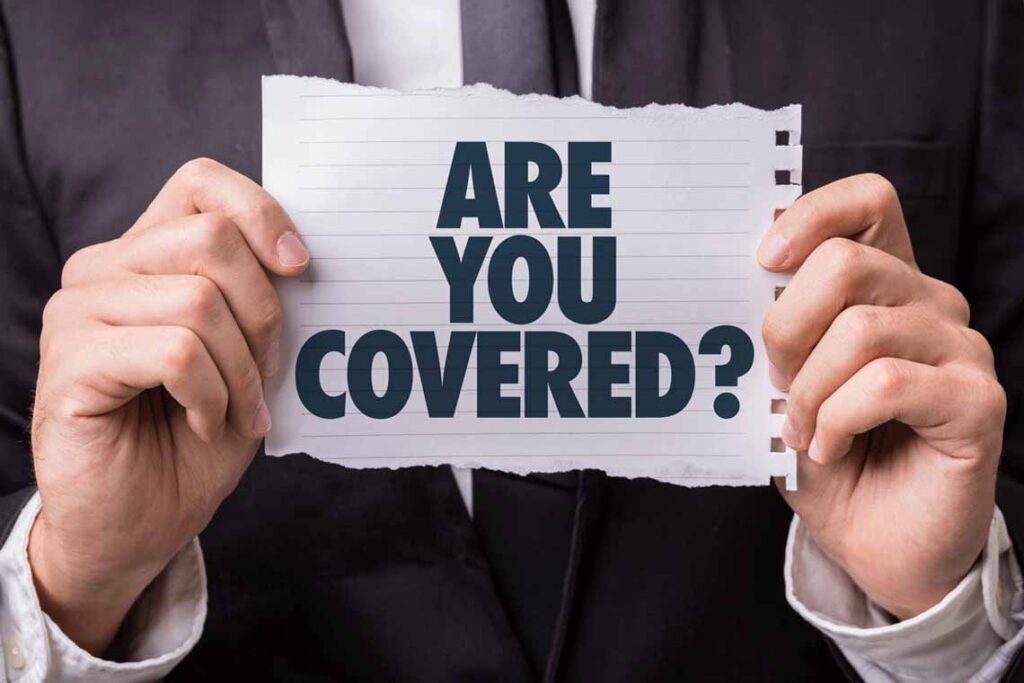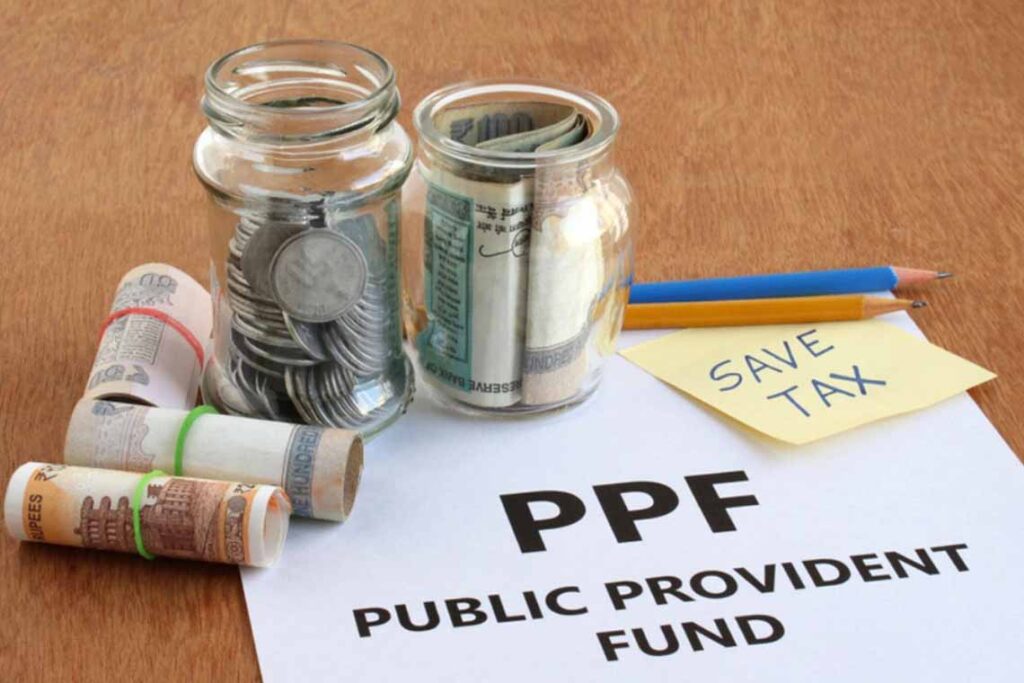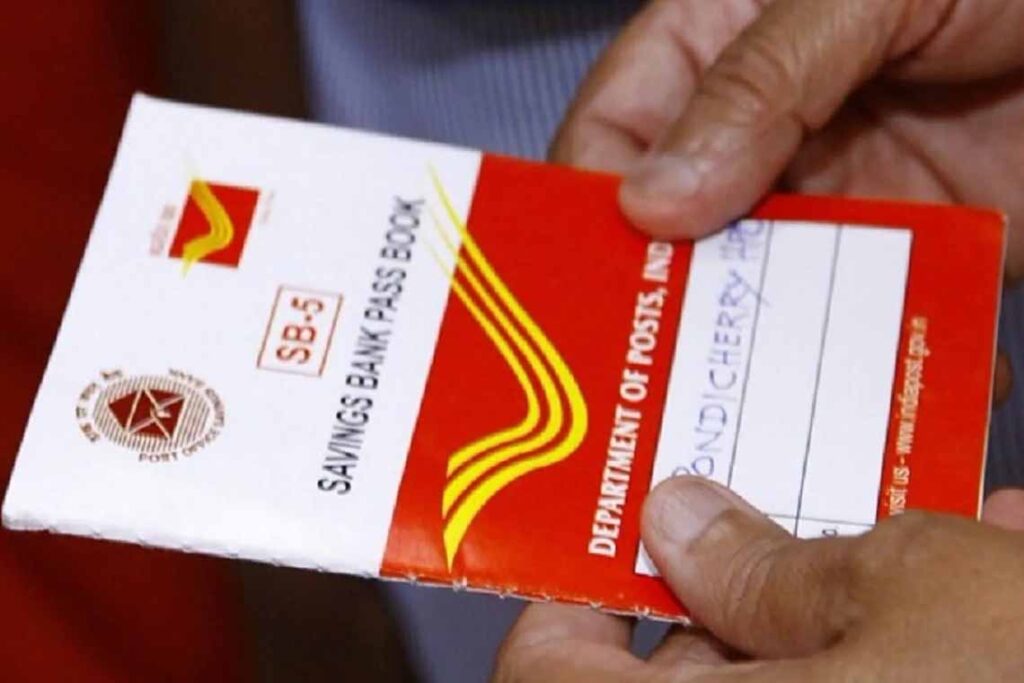1. What is equalization levy (EL)?
This is a tax leviable on consideration received or receivable by a non-resident for any specified service such as online advertising, any provision for digital advertising space or any other facility or service for online advertising @ 6% from:
i) A person resident in India and carrying on business or profession;
ii) A non-resident having a permanent establishment in India.
It was introduced under chapter VIII of Finance Act, 2016. This chapter came in to force from 1st June, 2016. The scope of EL has been enhanced by Finance Act, 2020.
2. Under which Act the Equalization Levy is imposed?
The Equalization Levy is imposed under Finance Act, 2016 and not under the Income Tax 1961.
3. How the scope of EL is enhanced by Finance Act, 2020?
Chapter VIII of Finance Act, 2016 is amended by Finance Act, 2020 and provisions regarding equalization levy are inserted (section 165A and few more sections inserted). EL now also extends to consideration received or receivable by an e-commerce operator for e-commerce supply or services on or after the 1st day of April, 2020 and is levied @2% on such consideration and made or provided or facilitated by it:
i) to a person resident in India; or
ii) to a non-resident in the specified circumstances such as sale of advertisement which targets a customer, who is resident in India or a customer who accesses the advertisement through internet protocol address located in India and sale of data which targets a customer or person resident in India, or who uses internet protocol located in India; or
iii) to a person who buys such goods or services or both using internet protocol address located in India.
4. Under what conditions EL @6% is not charged?
It is not charged where:
i) The non-resident providing the specified service has a PE in India and the specified service is effectively connected with such PE;
ii) The aggregate amount of consideration for the specified service received or receivable in a previous year by non-resident does not exceed Rs. 1 lakh; or
iii) Where the payment for the specified service by the person resident in India or the PE in India is not for the purpose of carrying out business or profession.
5. What is the mode of collection and recovery of EL@6%?
Every person being a resident and carrying on business or profession or a non- resident having a PE in India shall deduct EL from amount paid or payable to a non-resident in respect of the specified service @6% where the aggregate consideration in a previous year exceeds Rs. 1 Lakh. The EL so deducted during any calendar month is to be paid by every assessee to the credit of Central Government by the 7th of the month immediately following the said calendar month through an equalization levy Challan.
6. Income Tax and Equalization levy and application of certain provisions of Income-tax Act.
When equalisation levy is deducted under the above provisions, income of the recipient nonresident is exempt under provision of section 10(50) of Income Tax Act, 1961. Most of the tax treaties entered into by India cover Income tax. Hence, a claim for credit of the Equalisation Levy against a tax liability in the country of residence may not be available.
The provisions of sections 119, 120, 131, 133A, 138, 156, Chapter XV and sections 220 to 227, 229, 232, 260A, 261, 262, 265 to 269, 278B, 280A, 280B, 280C, 280D, 282 and 288 to 293 of the Income-tax Act shall so far as may be, apply in relation to equalisation levy, as they apply in relation to Income-tax.
7. What does “e-commerce operator” mean?
“e-commerce operator” means a non-resident who owns, operates or manages digital or electronic facility or platform for online sale of goods or online provision of services or both.
8. What does “e-commerce supply or services” mean?
“e-commerce supply or services” means –
i) Online sale of goods owned by the e-commerce operator; or
ii) Online provision of services provided by the e-commence operator; or
iii) Online sale of goods or provision of services or both, facilitated by the e-commerce operator; or
iv) Any combination of activities listed in Clause (i), (ii) or Clause (iii);
9. What are conditions under which EL on e-commerce supply or services shall not be charged?
The EL on e-commerce supply or services shall not be charged where:
i) the e-commerce operator has a PE in India and such e-commerce supply or services is effectively connected with such PE;
ii) where EL is leviable under Section 165; or
iii) sales, turnover or gross receipts of as the case may be, the e-commerce operator from the e-commerce supply or services made or provided or facilitated is less than Rs. 2 crore during the previous year.
10. What is the procedure for collection and recovery of EL on e-commerce supply or services?
The EL referred to sub- section (1) of section 165A, shall be paid by every e-commerce operator to credit of the Central Government for the quarter of the FY by the due date specified as under:
| Sr. No. | Date of ending of the quarter of FY | Due date of the FY |
| 1 | 30th June | 7th July |
| 2 | 30th September | 7th October |
| 3 | 31st December | 7th January |
| 4 | 31st March | 31st March |
11. What statement an Assessee or e-commerce operator required to furnish to the Government in respect of the EL?
Every assessee or e-commerce operator shall, on or before 30th June after the end of each F.Y., prepare and deliver or cause to be delivered to the Assessing Officer, a statement in Form No. 1 duly verified in respect of all specified services or e-commerce supply or services as the case may be during such F.Y.
12. What is the interest that has to be paid on delayed payment of EL by an Assessee or e-commerce operator?
Simple Interest for failure to credit EL or any part thereof as required u/s 166 or u/s 166A to the account of Central Government has to be paid @1% of such levy for every month or part of a month by which such crediting of the tax or part thereof is delayed.
13. What changes have been brought in Equalization Levy through Budget 2021?
Budget 2021 proposes to carry out the following amendments in respect of Equalization Levy in the Finance Act, 2016:-
- Insert an Explanation to section 163 of the Finance Act, 2016 clarifying that consideration received or receivable for specified services and consideration received or receivable for e-commerce supply or services shall not include consideration which are taxable as royalty or fees for technical services in India under the Income-tax Act read with the agreement notified by the Central Government under section 90 or section 90A for the Income-tax Act.
- Insert an Explanation to clause (cb) of section 164 of the Finance Act, 2016 providing that for the purposes of defining e-commerce supply or service, “online sale of goods” and “online provision of services” shall include one or more of the following activities taking place online:
i) Acceptance of offer for sale;
ii) Placingthe purchase order;
iii) Acceptance of the Purchase order;
iv) Payment of consideration; or
v) Supply of goods or provision of services, partly or wholly
- Amend section 165A of the Finance Act, 2016 to provide that consideration received or receivable from e-commerce supply or services shall include:
i) Consideration for sale of goods irrespective of whether the e-commerce operator owns the goods; and
ii) Consideration for provision of services irrespective of whether service is provided or facilitated by the e-commerce operator.
These amendments will take effect retrospectively from 1st April, 2020.
Budget 2021 also proposes to amend section 10(50) of the Act to:
i) Provide that section 10(50) will apply for the e-commerce supply or services made or provided or facilitated on or after 1st April, 2020.
ii) Clarify that exemption under section 10(50) will not apply for royalty or fees for technical services which is taxable under the Act read with agreement notified by the Central Government under section 90 or section 90A of the Act.
iii) Define e-commerce supply or services under section 10(50) as the meaning assigned to it in clause (cb) of section 164 of Chapter VII of the Finance Act, 2016.
This amendment will take effect from 1st April, 2021 and will accordingly apply to the assessment year 2021-22 and subsequent assessment years.
14. An example of application of Equalization levy.
Mr. A has advertised on Facebook for his business purpose. He has to pay Rs. 2,00,000 to Facebook for the said advertising services.
Equalization levy:
Mr. A will deduct EL at the rate of 6% of Rs. 2,00,000/- = Rs. 12,000/- and pay the balance of Rs. 1,88,000/- to Facebook for the said advertisement.












